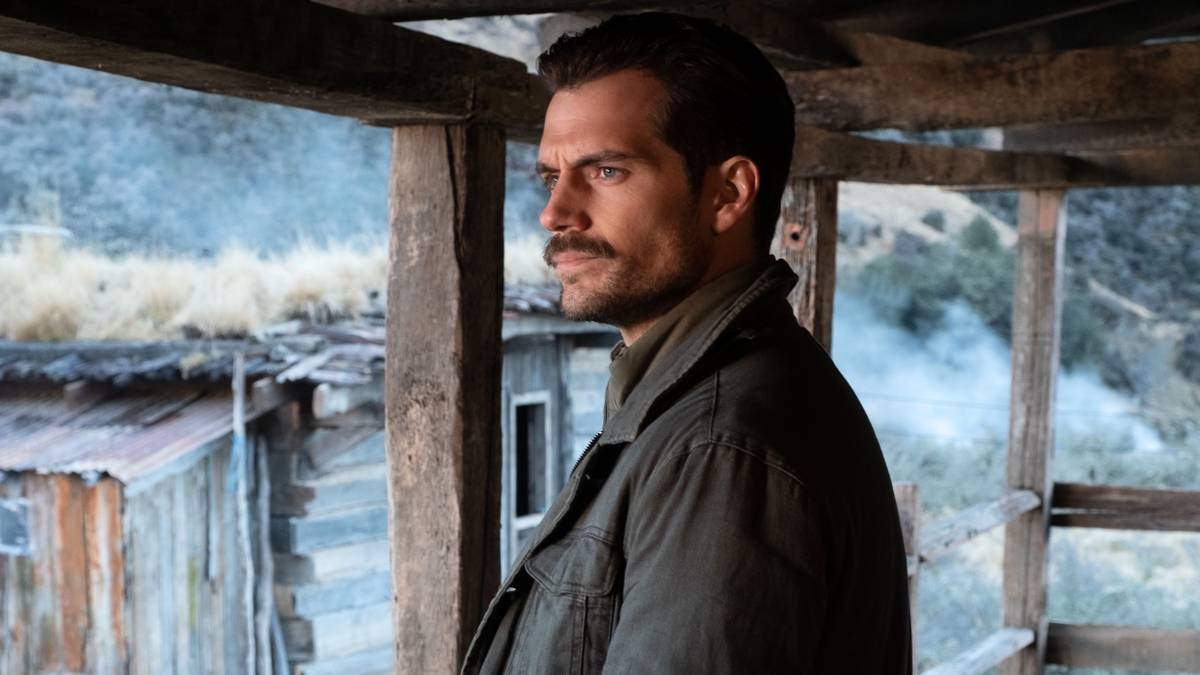When Casino Royale hit theaters in 2006, it changed everything. Gone were the gadgets and smirks. In their place came bruises, betrayal, and blood, a protagonist who sometimes got beaten up or humiliated. This approach was sleeker, grittier, and more human, and considerably raised the stakes since we believed that the hero might fail. The movie’s success triggered a spy movie renaissance.
The genre expanded beyond tuxedos and martinis, embracing moral ambiguity, political complexity, and existential dread. Other filmmakers got more comedic and irreverent, poking fun at the old tropes. This list ranks the very best of them.
10
‘No Time to Die’ (2021)
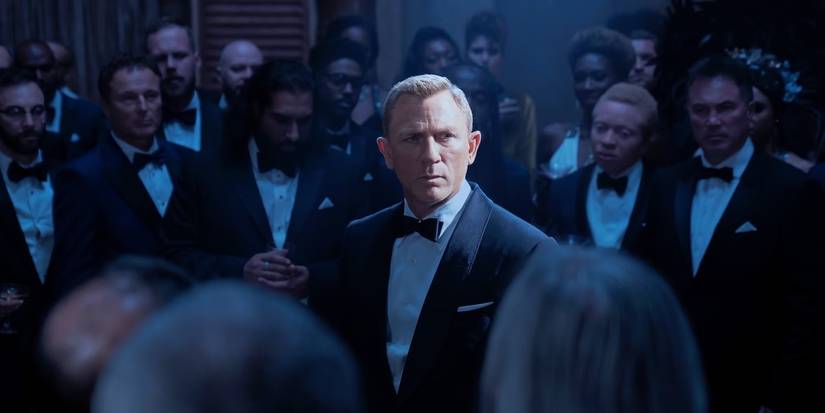
Daniel Craig as James Bond in No Time to DieImage via MGM
“We all have our secrets. We just didn’t get to yours yet.” A few narrative missteps aside, No Time to Die mostly succeeds in bringing the Daniel Craig era to a close in a way that feels both epic and intimate. Craig is great as always, once again making the secret agent feel refreshingly human. This is him at his most regretful, but also his most notable. Gone is the invincible playboy; in his place stands a man haunted by loss, clinging to duty even as the world moves on.
On the directing side, Cary Joji Fukunaga handles the material with flair, balancing the spectacle and the emotion. The action sequences, from the misty forest ambush to the climactic island assault, are some of the series’ finest, but it’s the tenderness that hits hardest. The ending, controversial to some, is a brave, devastating act of storytelling. All in all, while this movie could have crashed and burned, it more than sticks the landing.
9
‘Zero Dark Thirty’ (2012)
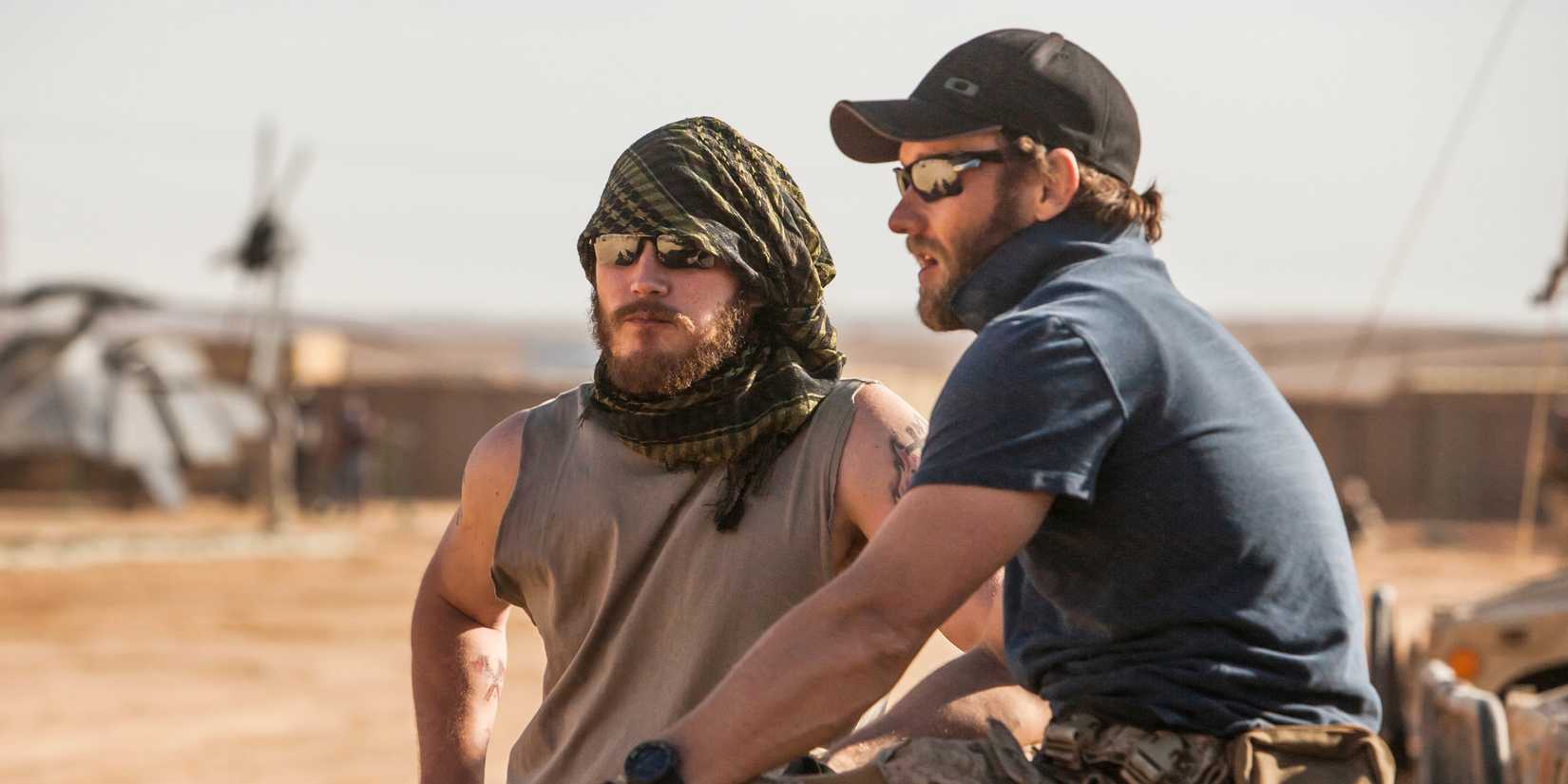
Chris Pratt and Joel Edgerton in Zero Dark ThirtyImage via Columbia Pictures
“I’m the motherf***er that found this place, sir.” Zero Dark Thirty turns the manhunt for Osama bin Laden into a study of obsession. It’s less a war film than a procedural thriller, cold and relentless in its focus. Jessica Chastain is icily intense as CIA analyst Maya, whose determination becomes the story’s anchor. Complementing her performance, Kathryn Bigelow‘s direction is stripped of sentimentality. She presents intelligence work as it is: patient, bureaucratic, morally murky. The film’s genius lies in its ambiguity. It never lets the audience rest easy. (That said, some critics quibbled with the factual accuracy of certain scenes.)
What the movie cannot be faulted for is its suspense. The plot keeps us gripped even though we (mostly) know the outcome. Not to mention, the raid sequence is as tense as anything in modern cinema. Bigelow uses all this to ask big questions, as she would do again with this year’s A House of Dynamite. What does justice look like after a decade of obsession? What’s left when the mission ends?
8
‘Tenet’ (2020)
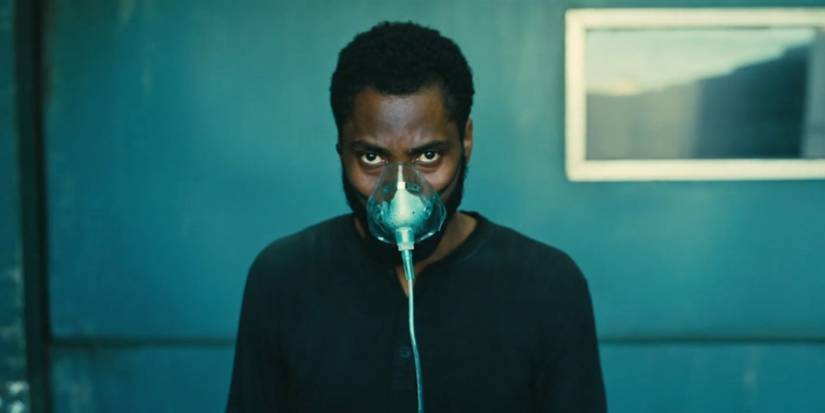
John David Washington wearing a mask in TenetImage via Warner Bros.
“What’s happened, happened. Which is an expression of faith in the mechanics of the world.” Tenet is a spy movie bent through the lens of quantum physics. John David Washington plays a nameless operative drawn into a labyrinthine mission involving inverted bullets, collapsing timelines, and the fate of the world. It’s Bond by way of Einstein and a time machine, espionage reinvented as a nonlinear puzzle. It’s overflowing with big-brain ideas, which is exactly what put some people off. Tenet caught a lot of flak for being convoluted (and, at times, incomprehensible), but it’s better than its harshest critics make out.
It also simply arrived with insurmountably high expectations because of Dunkirk. It’s sleek, propulsive, and overwhelming, its action sequences unfolding forward and backward simultaneously in jaw-dropping choreography. Plus, beneath the conceptual fireworks, there’s something unexpectedly emotional. At its core, it’s a story about loyalty, sacrifice, and friendship stretched across the fabric of time.
7
‘The Courier’ (2020)
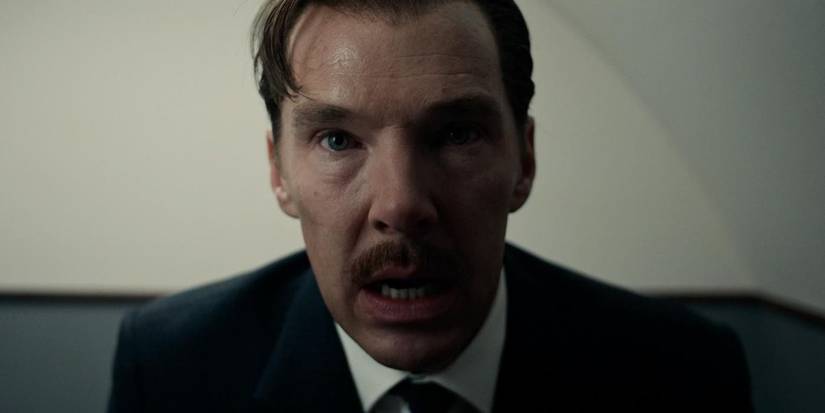
Benedict Cumberbatch in ‘The Courier’Image via Roadside Attractions
“You’re just an ordinary man, a businessman. But you’re the only one who can do this.” In The Courier, Benedict Cumberbatch delivers one of his most understated performances as Greville Wynne, a British salesman drawn into Cold War espionage. As usual, the star’s presence elevates the proceedings. Based on a true story, the movie charts Wynne’s transformation from ordinary businessman to reluctant hero after he’s recruited to smuggle intelligence from Soviet officer Oleg Penkovsky (Merab Ninidze). Basically, this is an espionage movie built on moral tension. Less about action, more about the courage of ordinary people.
The friendship between Wynne and Penkovsky the story its emotional gravity. By the time Wynne endures imprisonment in a Soviet cell, The Courier has evolved from spy thriller to tragedy. It works as both a compelling adventure and a surprisingly profound statement, with a lot to say about conscience, sacrifice, and the small acts of defiance that change the world.
6
‘A Most Wanted Man’ (2014)
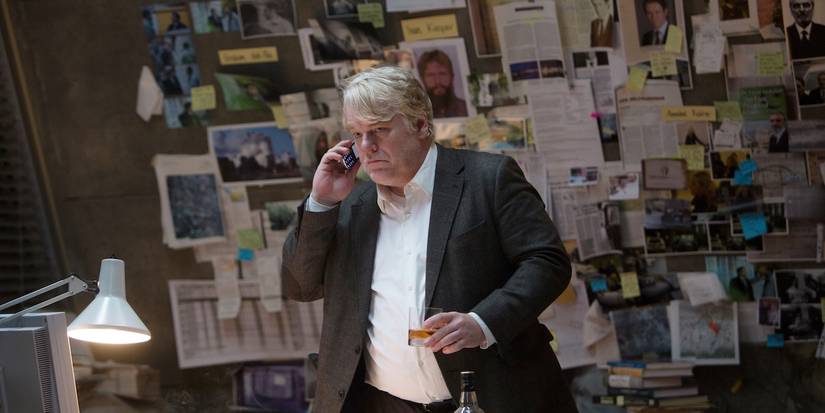
Philip Seymour Hoffman in A Most Wanted ManImage via Lionsgate
“To make the world a safer place, the day we stop trusting each other is the day we stop making progress.” Slow, precise, and devastatingly intelligent, A Most Wanted Man captures the espionage world in shades of grey. Adapted from John le Carré’s novel, it’s set in post-9/11 Hamburg, where intelligence agencies scramble to prevent the next terror attack. Philip Seymour Hoffman, in one of his final roles, gives a towering performance as Günther Bachmann, a weary spy trying to navigate the politics of paranoia. He’s brilliant yet broken, a man who understands the cost of the game better than anyone. Hoffman alone takes the movie from good to great.
Once again, this is a more restrained take on the genre. We get no gadgets or over-the-top villain, just bureaucracy, frustration, and often contradictory emotions. Reality, in other words. The muted color palette and methodical pacing mirror the suffocating atmosphere of modern intelligence work.
5
‘Mission: Impossible – Fallout’ (2018)
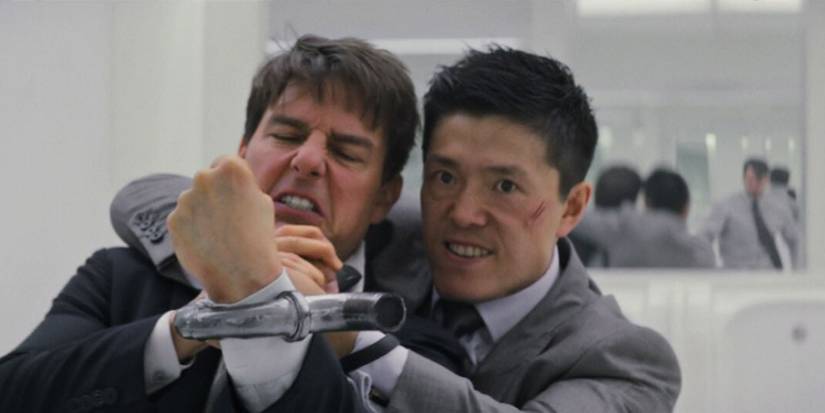
A still image of the bathroom fight from the sixth Mission: Impossible movieImage via Paramount Pictures
“There can’t be peace without first a great suffering. The greater the suffering, the greater the peace.” Six films in, the Mission: Impossible series should have run out of gas. Instead, Fallout proved it was very much still kicking. Tom Cruise, still performing his own death-defying stunts, brings typically superhuman energy to a franchise that’s somehow grown more soulful with age. The setpieces this time around are as artful as they are thrilling, from the HALO jump to the helicopter chase that redefined practical action.
In other words, Fallout is a fantastic fusion of old-school espionage and modern blockbuster intensity. The emotional weight of Ethan Hunt’s decisions gives the action resonance, while Henry Cavill’s mustachioed antagonist adds a fresh layer of brutality. In a landscape of CGI fatigue, Fallout stands tall as proof that craftsmanship and character can count for a lot more. Absurd box office returns naturally followed.
4
‘Skyfall’ (2012)
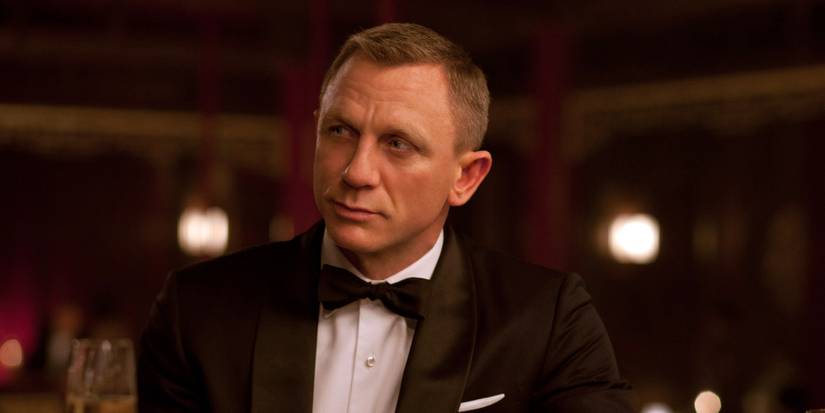
Daniel Craig as James Bond in SkyfallImage via Columbia Pictures
“Sometimes the old ways are the best.” Casino Royale reinvented James Bond, but Skyfall got even more emotionally intense with the character. It’s almost more of a character study than a conventional spy adventure. Daniel Craig’s Bond is older, scarred, and uncertain, his body breaking down even as his sense of duty remains unshaken. Opposite him, Javier Bardem’s Silva, a ghost from MI6’s past, serves as both villain and mirror. Their cat-and-mouse game becomes a vehicle to explore themes of legacy, mortality, and the long shadow of the past.
Completing the trifecta is Judi Dench as M. She is given a hugely expanded role, in many ways serving as the movie’s emotional core. The aesthetics deliver, too. Roger Deakins‘ cinematography is painterly as usual, whether he’s capturing Shanghai’s neon glow, the mistiness of the Scottish moors, or the burning silhouette of Skyfall Lodge. Skyfall isn’t just a great Bond film—it’s a great film, period: poetic, patriotic, and profoundly human.
3
‘Kingsman: The Secret Service’ (2014)
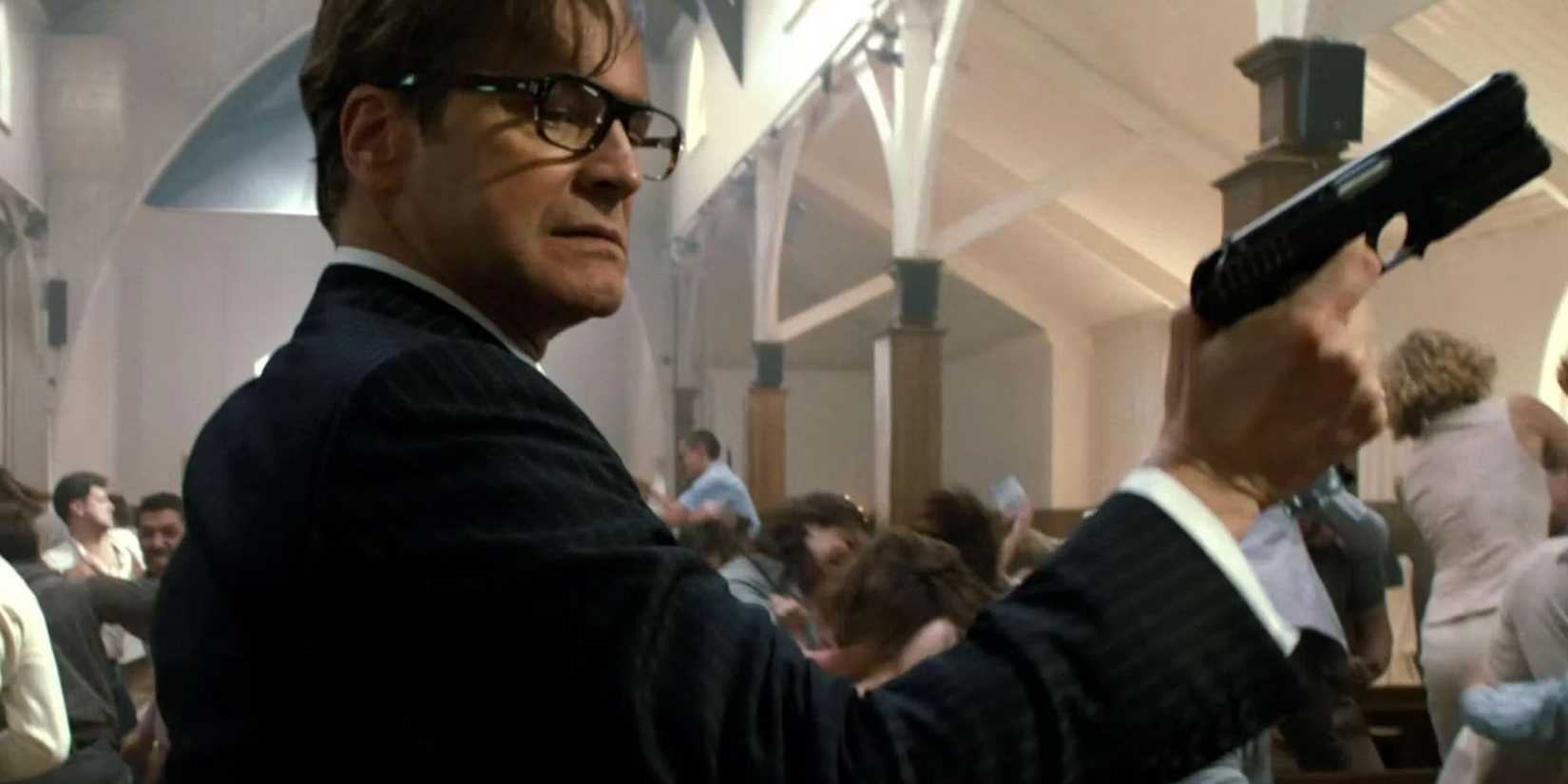
Image via 20th Century Fox
“Manners maketh man.” The first Kingsman injected the spy genre with a much-needed adrenaline shot. Equal parts satire and celebration, it gleefully skewers Bond tropes while reveling in their style. Taron Egerton shines as Eggsy, a streetwise kid recruited into a secret gentleman-spy organization, while Colin Firth, cast deliciously against type, is both charming and epicly brutal when he needs to be. The action choreography is outrageous, the humor wicked, and the energy relentless.
Matthew Vaughn directs with cartoonish confidence, turning every fight into a violent ballet. You get the sense that he’s enjoying himself. Beneath the chaos, though, lies a genuine underdog story about class, mentorship, and transformation. Kingsman may be absurd, but it’s also joyous—a reminder that the spy film doesn’t always need to be solemn to be sharp. Sometimes, it just needs good manners and better gadgets. The sequels would offer diminishing returns, but the original is riotously fun.
2
‘Tinker Tailor Soldier Spy’ (2011)
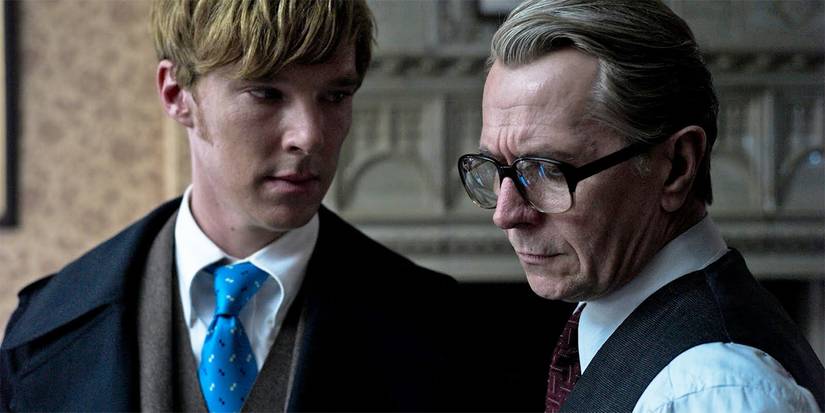
Gary Oldman as George Smiley having a conversation with Benedict Cumberbatch as Peter Guillam in Tinker Tailor Soldier SpyImage via StudioCanal
“A man is only honest when he’s alone. No one ever talks honestly in front of a microphone.” This adaptation of John le Carré’s labyrinthine novel is a slow-burning masterpiece of paranoia and melancholy. Gary Oldman, as George Smiley, delivers one of the most quietly brilliant performances of the century. He’s a man who says everything through silence. The rest of the cast is rounded out by a murderer’s row of British talent. Colin Firth, Tom Hardy, Benedict Cumberbatch, and Mark Strong form an ensemble of weary intelligence officers caught in webs of loyalty and betrayal.
The film’s mood is suffocating, all smoke-filled rooms, coded glances, secrets whispered into ashtrays. There’s no stuntwork or big setpieces. It’s not about action but attention, the thrill of watching intellect dismantle deceit. This approach isn’t everyone’s cup of tea, but, for a certain kind of espionage fan, it’s a rare treat. Cold, cerebral, and hauntingly human.
1
‘Bridge of Spies’ (2015)
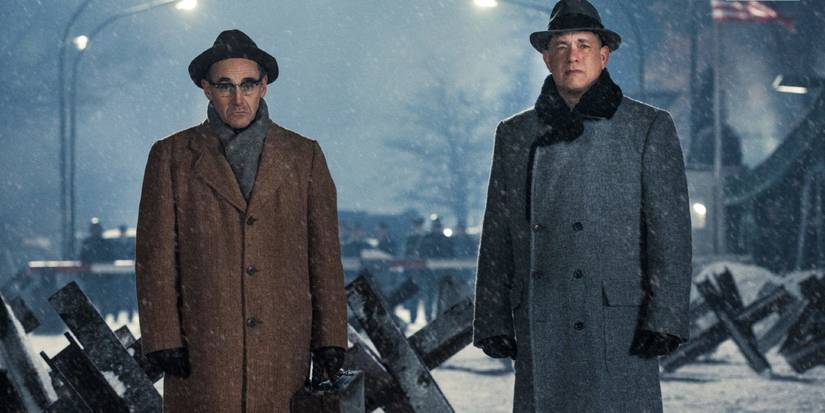
Rudolf Abel and James Donovan standing on a bridge in ‘Bridge of Spies’Image via Walt Disney Studios Motion Pictures
“Would it help?” Bridge of Spies is a Cold War thriller crossed with a morality tale. Tom Hanks stars as James Donovan, a Brooklyn lawyer tasked with negotiating a prisoner exchange between the U.S. and the Soviet Union. It’s a story of decency in indecent times, and Hanks plays Donovan with the quiet heroism of a man who simply does what’s right. That said, pretty much every scene is stolen by the Oscar-winning Mark Rylance, as captured Soviet spy Rudolf Abel. He becomes the perfect embodiment of calm dignity.
Spielberg’s direction turns negotiation into suspense, finding tension not in chases but in choices. The film’s heart lies in its belief in principle, the idea that honor means something even when the world forgets it. With its misty Berlin backdrops and humanist soul, Bridge of Spies feels like a throwback to a nobler age of espionage. It’s the kind of movie that seems simple on the surface but conceals layers of thought and craftsmanship.
